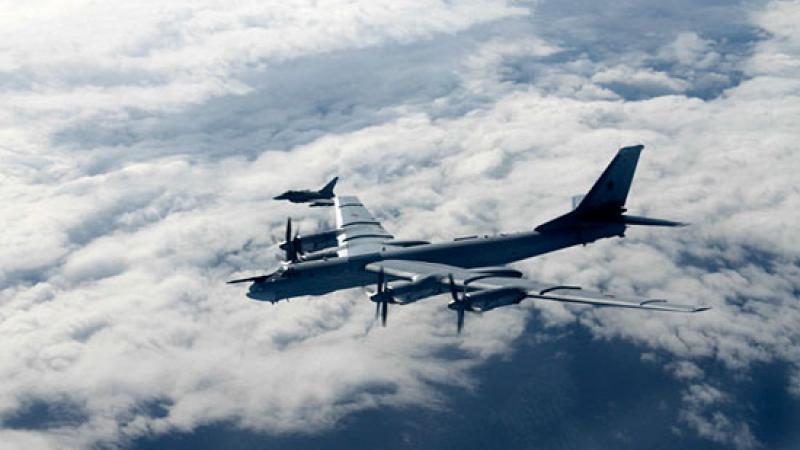Federal agencies warn of Iran's growing potential to strike American targets
"In the past few years, we have seen a rise in plotting attacks against American citizens or on American soil, including a disrupted plot targeting a former U.S. National Security Advisor in 2022," Richard said.
A group of federal security officials on Wednesday warned the House Committee on Homeland Security of the growing threat posed by Iran and its proxy organizations across the Middle East.
Iran is known to support groups such as the Lebanon-based Hezbollah, the Gaza-based Hamas, and the Yemen-based Houthi faction. Hamas is currently engaged in a conflict with Israel while the Houthis have been harassing shipping in the Red Sea.
The hearing was public through opening statements, but became closed-door after that point due to the classified nature of the material. Speaking at the hearing were State Department Bureau of Counterterrorism Coordinator Elizabeth Richard, FBI Counterterrorism Division Assistant Director Robert Wells, Department of Homeland Security Office of Intelligence and Analysis Deputy Undersecretary James Dunlap, and Drug Enforcement Administration Chief of Intelligence Carrie Thompson.
"In the past few years, we have seen a rise in plotting attacks against American citizens or on American soil, including a disrupted plot targeting a former U.S. National Security Advisor in 2022," Richard said. "Iran also continues to support a range of proxies, who are engaged in terrorist plots and activities in the Middle East and beyond. Hamas would not have been able to carry out its devastating October 7 terrorist attack without Iran’s long-time assistance, funding, and training."
Wells, for his part, said "[t]he FBI believes Iran is capable of a variety of attack options against US targets, to include cyber operations intended to sabotage public and private infrastructure, and targeted assassinations of individuals who are deemed to be a threat to the regime or its stability."
"[I]t’s clear the Iranians are determined to carry out attacks in the United States, whether it be to avenge the death of Soleimani, to silence one of their critics, or to kill the Ambassador of an ally nation," he went on.
"Iranian government cyber actors employ a variety of tactics, techniques, and procedures—including social engineering, using easily accessible scanning and computer hacking tools, and exploiting publicly known software and hardware vulnerabilities—to conduct cyber espionage operations targeting the U.S. government and the defense industry, and to disrupt critical infrastructure," said Dunlap. "The Israel-Hamas conflict shows how Iran uses cyber operations to respond to geopolitical events while attempting to maintain plausible deniability."
Thompson, for her part, highlighted the relationship between Iranian proxy groups and the South American drug cartels as part of their financing operations.
"There is a clear connection between the drug trade and the financing of terrorist organizations and rogue state actors, including the Iranian regime," she said. "Members and affiliates of Hezbollah’s money laundering network have been known to collaborate with South American drug cartels, particularly in the tri-border area of Argentina, Brazil, and Paraguay, to facilitate the smuggling of drugs into Europe and the Middle East."
Ben Whedon is an editor and reporter for Just the News. Follow him on X, formerly Twitter.
















